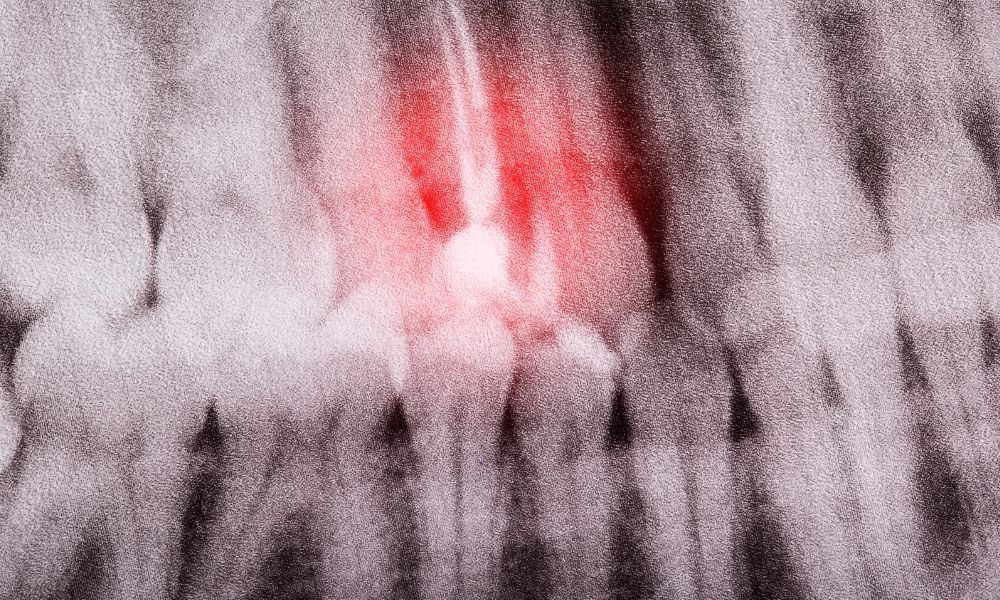
Atypical tooth pain refers to a type of orofacial pain that presents as persistent pain in or around the teeth even when no apparent dental issue exists. This perplexing condition can be difficult to diagnose and treat due to its unconventional nature, leaving patients and healthcare providers searching for effective solutions.
The pain often mimics traditional toothache symptoms but lacks a definitive source, often leaving individuals in chronic discomfort. By understanding the different aspects of atypical tooth pain, including its potential causes, symptoms, and available treatment options, those affected by this condition can feel empowered to take the necessary steps towards managing their pain effectively. In this article, we aim to provide you with comprehensive information about atypical tooth pain to help you make informed decisions about your health and well-being.
Atypical tooth pain can be challenging to address due to its multifactorial nature, often stemming from a combination of neurologic, psychologic, or physiological factors. A thorough evaluation and diagnostic process must be undertaken to identify the root cause of the pain, enabling the development of a tailored treatment plan.
At Columbia Center for Sleep Apnea and TMJ, Dr. Bloxham is dedicated to the assessment, diagnosis, and management of orofacial pain conditions, including atypical tooth pain. With a multidisciplinary approach and a commitment to helping patients understand and resolve their pain, relief from this complex condition is possible.
Potential Causes of Atypical Tooth Pain
- Trigeminal Neuralgia
This condition results from irritation or damage to the trigeminal nerve, which supplies sensation to the face, jaw, and teeth. Trigeminal neuralgia can cause severe, electric shock-like pain, which may be mistaken for tooth pain. - Temporomandibular Joint Disorder (TMD)
TMD can cause pain originating from the jaw joint, which can radiate to the teeth and lead to a misdiagnosis of traditional toothache. - Myofascial Pain Syndrome
This chronic pain disorder involves muscular trigger points, which may refer pain to other regions, such as the teeth, mimicking the symptoms of a toothache. - Psychogenic Pain
Psychological factors, such as stress and anxiety, can contribute to the occurrence and exacerbation of pain, including atypical tooth pain. - Sinusitis
Inflammation or infection of the sinuses can cause pressure and pain that may be mistaken for tooth pain, particularly in the upper teeth.
Identifying Symptoms of Atypical Tooth Pain
Individuals experiencing atypical tooth pain may exhibit the following symptoms:
- Persistent, Unexplained Tooth Pain
The primary characteristic of atypical tooth pain is persistent pain in the teeth or surrounding area with no visible dental issues or identifiable cause. - Pain Not Relieved by Dental Treatment
Atypical tooth pain often does not improve with standard dental treatments, such as fillings, root canals, or extractions, further complicating diagnosis and management. - Pain Described as Dull or Aching
The nature of atypical tooth pain often ranges from a dull ache to a persistent throb, which can be challenging to pinpoint in terms of location or intensity. - Pain Intensity Fluctuations
Atypical tooth pain can fluctuate in intensity, heightening during periods of increased stress or anxiety.
Conservative Treatment Options for Atypical Tooth Pain
- Pharmacologic Management
Over-the-counter pain relievers, such as acetaminophen and ibuprofen, can offer temporary relief. However, a physician may prescribe stronger medications, such as muscle relaxants or nerve pain medications, depending on the nature and severity of the condition. - Physical Therapy
Physical therapy exercises and techniques can help alleviate pain originating from muscular or joint disorders, contributing to atypical tooth pain symptoms. - Stress Management Strategies
Implementing relaxation techniques, such as deep breathing, progressive muscle relaxation, or mindfulness, can help address the stress and anxiety components that can contribute to atypical tooth pain. - Proper Oral Hygiene
Maintaining good oral hygiene practices and regular dental checkups can help in the early identification of potential dental problems, eliminating potential causes of pain and improving overall dental health.
Advanced Treatment Options for Atypical Tooth Pain
- Nerve Block Injections
For pain resulting from trigeminal neuralgia or other neural factors, nerve blocks can provide temporary relief and help confirm diagnosis. - TMD Treatments
Treatment options for TMD, including oral appliances, or occlusal adjustments, can help address jaw joint-related atypical tooth pain. - Cognitive-Behavioral Therapy (CBT)
CBT can be helpful for individuals experiencing psychogenic pain, as it focuses on modifying negative thought patterns and behaviors related to pain, stress, and anxiety.
Understanding the Underlying Causes of Atypical Tooth Pain
Understanding atypical tooth pain is crucial for effective diagnosis and management, as it often differs from traditional tooth-related pain. Identifying the root cause of the pain and educating affected individuals about this condition, its symptoms, and treatment options are instrumental in achieving optimal outcomes.
At Columbia Center for Sleep Apnea and TMJ, our dentists in Richland are committed to assessing, diagnosing, and successfully managing orofacial pain conditions, such as atypical tooth pain. With a multidisciplinary approach and a dedication to personalized care, patients can find relief and regain control over their lives.
By focusing on understanding and addressing the cause of the pain, individuals with atypical tooth pain can successfully navigate the complexities of this condition and pursue a future with improved oral health and well-being.











